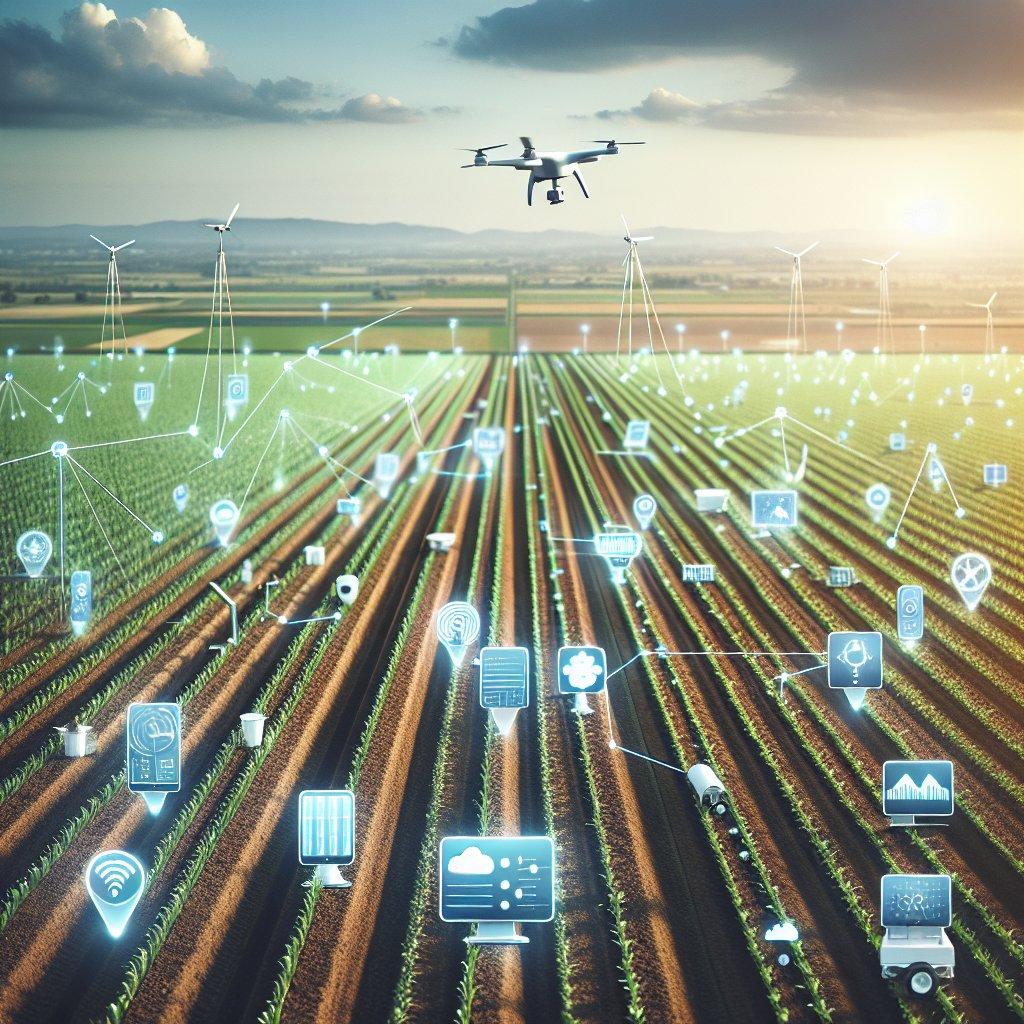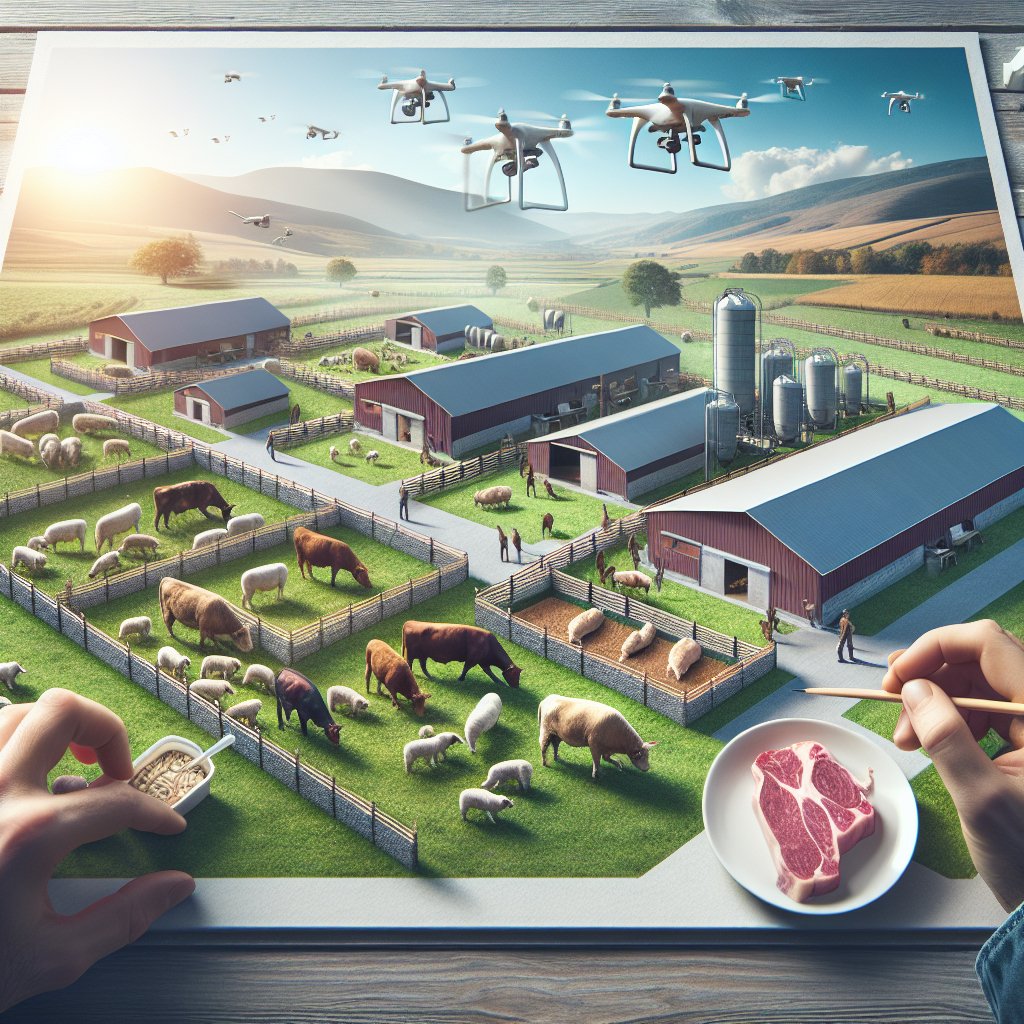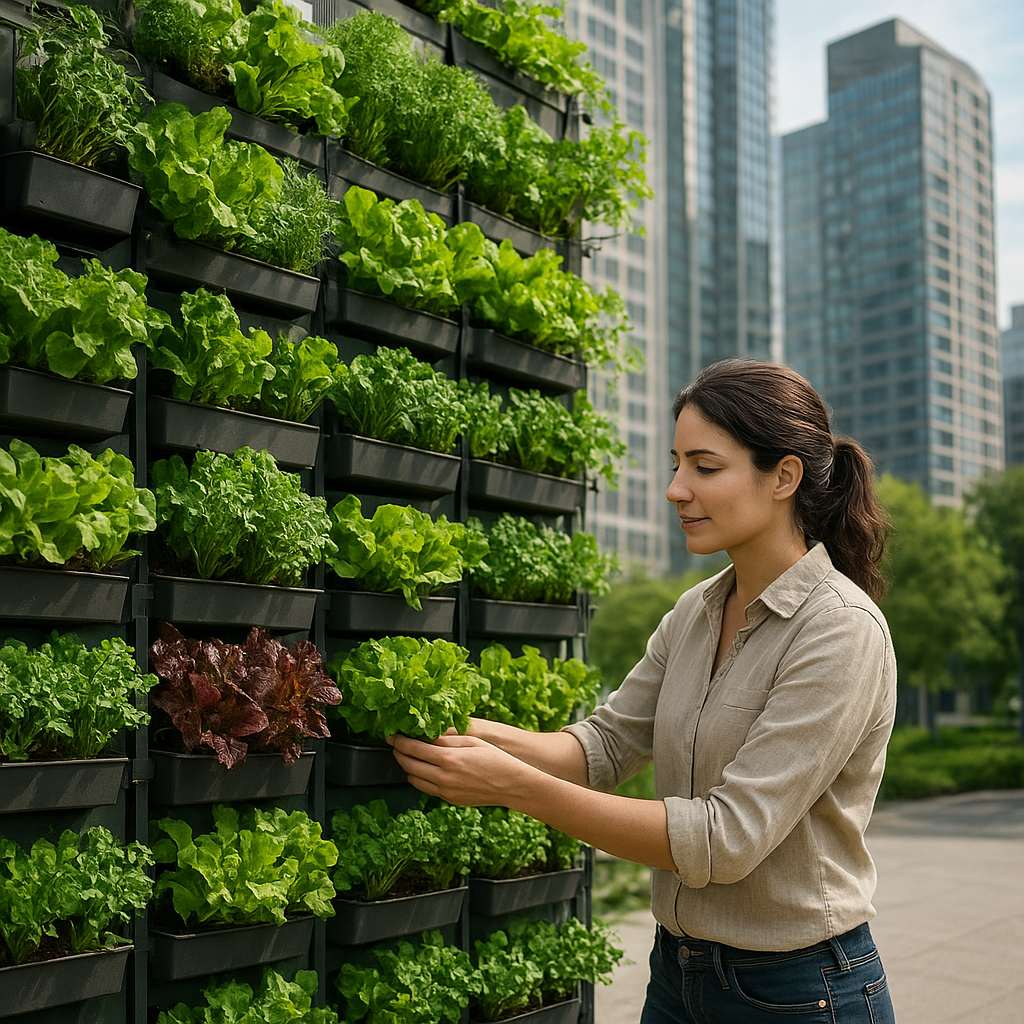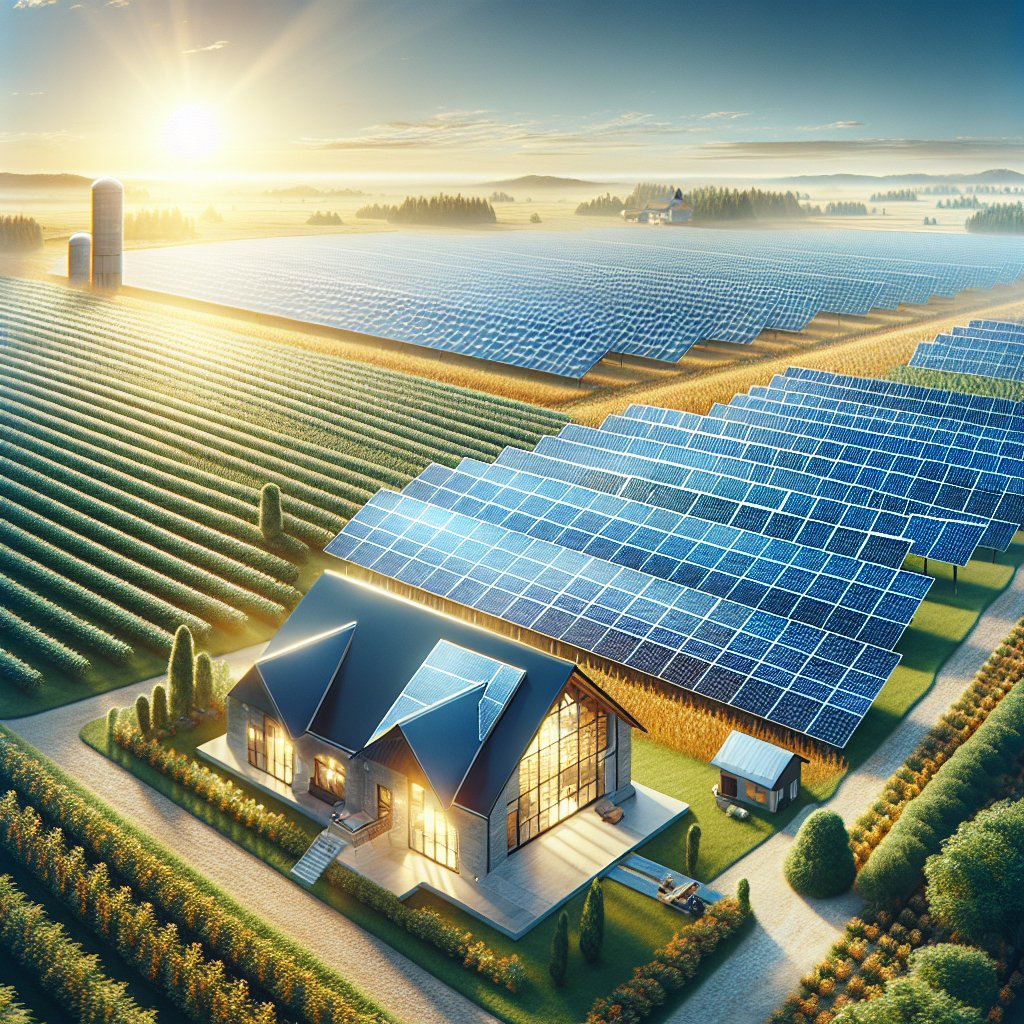The integration of the Internet of Things (IoT) in precision farming is revolutionizing the agricultural landscape, offering unprecedented opportunities for efficiency and sustainability. As the global population continues to rise, the demand for food production intensifies, necessitating innovative approaches to farming. IoT technology, with its ability to collect and analyze vast amounts of data, is at the forefront of this agricultural transformation.
Understanding Precision Farming
Precision farming, also known as precision agriculture, is a modern farming management concept that uses digital technology to monitor and optimize agricultural production processes. The primary goal of precision farming is to ensure that crops and soil receive exactly what they need for optimum health and productivity. This approach not only enhances crop yield but also minimizes waste and environmental impact.
At the heart of precision farming is the use of data-driven insights to make informed decisions. Farmers can now leverage technology to monitor soil conditions, weather patterns, crop health, and more. This data is collected through various sensors and devices, which are integral components of IoT systems. By analyzing this data, farmers can implement precise interventions, such as adjusting irrigation levels or applying fertilizers, to improve crop outcomes.
The Role of IoT in Precision Farming
The Internet of Things (IoT) plays a crucial role in enabling precision farming by connecting various devices and systems to gather and share data. IoT devices, such as sensors, drones, and GPS systems, are deployed across agricultural fields to collect real-time data on a wide range of parameters. This data is then transmitted to centralized platforms where it can be analyzed and used to guide farming decisions.
One of the key benefits of IoT in precision farming is the ability to monitor and manage resources more efficiently. For example, soil moisture sensors can provide real-time data on water levels, allowing farmers to optimize irrigation schedules and reduce water waste. Similarly, IoT-enabled weather stations can offer precise weather forecasts, helping farmers plan their activities around expected weather conditions.
Moreover, IoT technology facilitates remote monitoring and management of agricultural operations. Farmers can access data and control systems from anywhere, using smartphones or computers. This capability is particularly valuable for large-scale farms or those located in remote areas, where constant physical presence is not feasible.
Challenges and Opportunities
While the adoption of IoT in precision farming offers numerous benefits, it also presents certain challenges. One of the primary concerns is the cost of implementing IoT systems, which can be prohibitive for small-scale farmers. Additionally, the complexity of IoT technology requires a certain level of technical expertise, which may not be readily available in all farming communities.
Data security and privacy are also significant concerns, as the increased connectivity of IoT devices can make agricultural systems vulnerable to cyberattacks. Ensuring the protection of sensitive data and maintaining the integrity of IoT networks is essential for the successful implementation of precision farming solutions.
Despite these challenges, the opportunities presented by IoT in precision farming are immense. As technology continues to advance, the cost of IoT devices is expected to decrease, making them more accessible to a broader range of farmers. Furthermore, ongoing research and development efforts are focused on creating user-friendly interfaces and platforms that simplify the use of IoT technology in agriculture.
Future Prospects
The future of precision farming with IoT is promising, with the potential to transform agriculture into a more sustainable and efficient industry. As IoT technology continues to evolve, it is likely to become an integral part of farming operations worldwide. Innovations such as machine learning and artificial intelligence are expected to further enhance the capabilities of IoT systems, enabling even more precise and automated farming practices.
In the coming years, we can anticipate the development of more sophisticated IoT devices and platforms that offer enhanced data analytics and decision-making tools. These advancements will empower farmers to optimize their operations, reduce environmental impact, and increase food production to meet the growing global demand.
In conclusion, the integration of IoT in precision farming represents a significant step forward in the evolution of agriculture. By harnessing the power of data and connectivity, farmers can achieve greater efficiency, sustainability, and productivity, paving the way for a more secure and prosperous future in food production.



